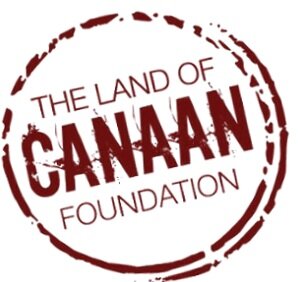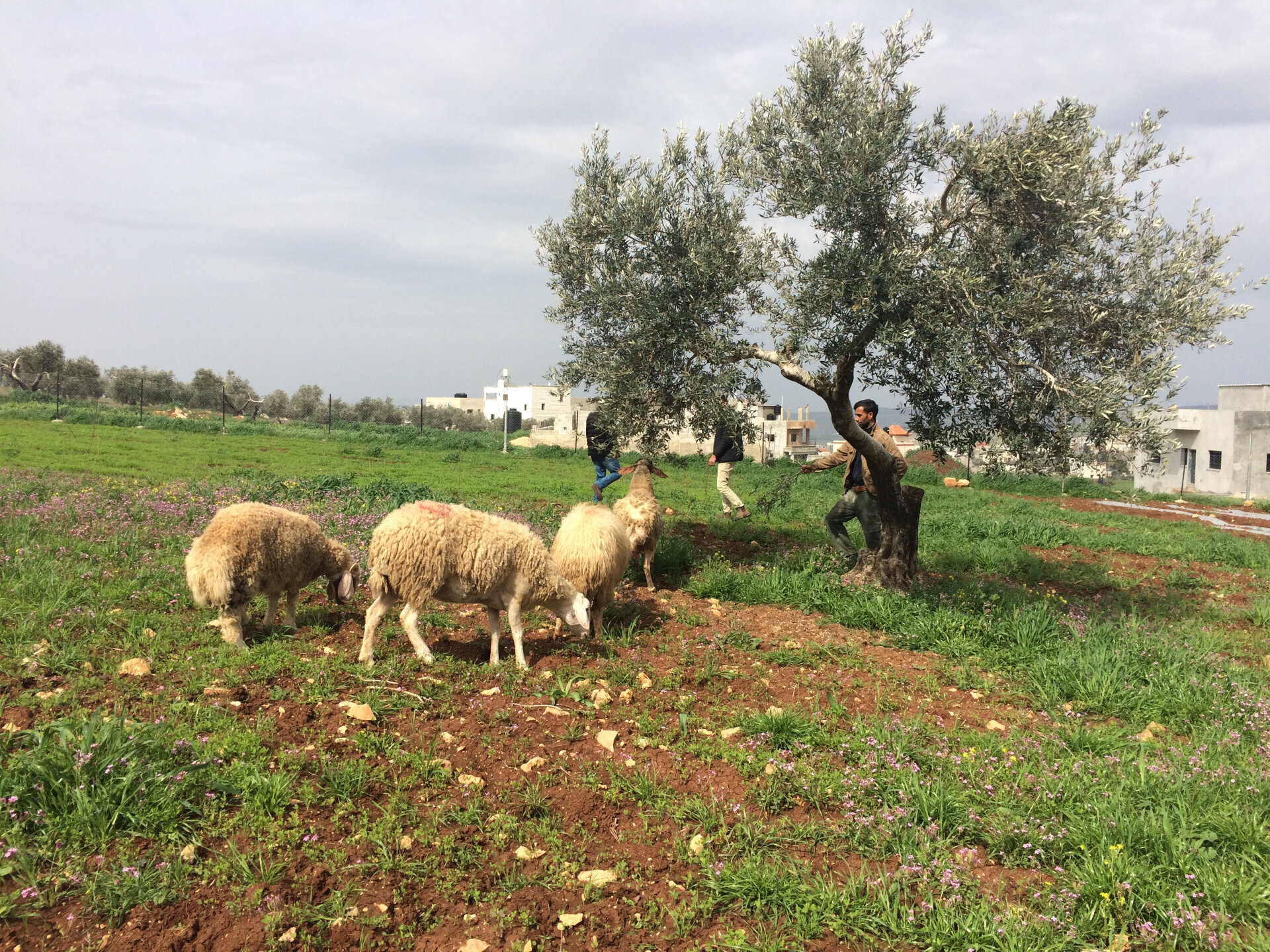
Micro grant - Hanin
Thank you for your gifts to the micro project development program. Funds create a sustainable source of income for women beneficiaries, supporting them to start and develop their own businesses and transfer their entrepreneurship ideas into reality. Grants are more culturally appropriate than loans and allow the PFTA and CORE to focus on mentoring the recipients.
Organic farmer Hanin and her okra in Palestine
Hanin Report on Micro Grant April 2018
ORGANIC HOME FARM PROJECT: Awarded in spring 2018, this project supports a 24 year old woman in a vulnerable community with two young children and a school teacher husband. Hanin has a degree in art, but her only chance of employment is to work from home. She has a passion for farming from her agricultural upbringing. The young couple has a piece of land in Jalqamus where they built their house, planted olive trees, and raise rabbits and chickens. Her project proposal concept was “Establishing an organic home farm”.
THE GRANT: Hanin’s micro project grant included installation of a fence around her land to protect plants from wild animals, building an animal shed, and providing sheep, landrace (ancient native) seeds for vegetables and other cover crops between olive trees and almond saplings.
THE PROGRESS REPORT: Hanin spends most of her time after taking care of her family on the farm feeding animals, planting, and weeding. Hanin proudly describes her feelings and experience with this grant: “This is a dream come true for us to have our own home farm, where I can enjoy my time with my husband and children working together inside our own farm. Sharing with my husband the responsibility of taking care of my family financially and being part of decision making in regards to our future is a personal achievement that I realized through this project. But the most achievement was feeding my children healthy organic food that I grow and take care of; that is priceless.”
SUCCESS: The hard work paid off with “a good income for a start year” according to Hanin. The farm provided healthy vegetables (potatoes, tomatoes, onions, lettuce, okra, zucchini, peas and beans), dairy products (milk, white cheese and Labneh), and meat (chicken and eggs) for the family to eat, saving them money. They sold their excess in the local market, which provided additional income for the family that contributed to improving their living conditions.



